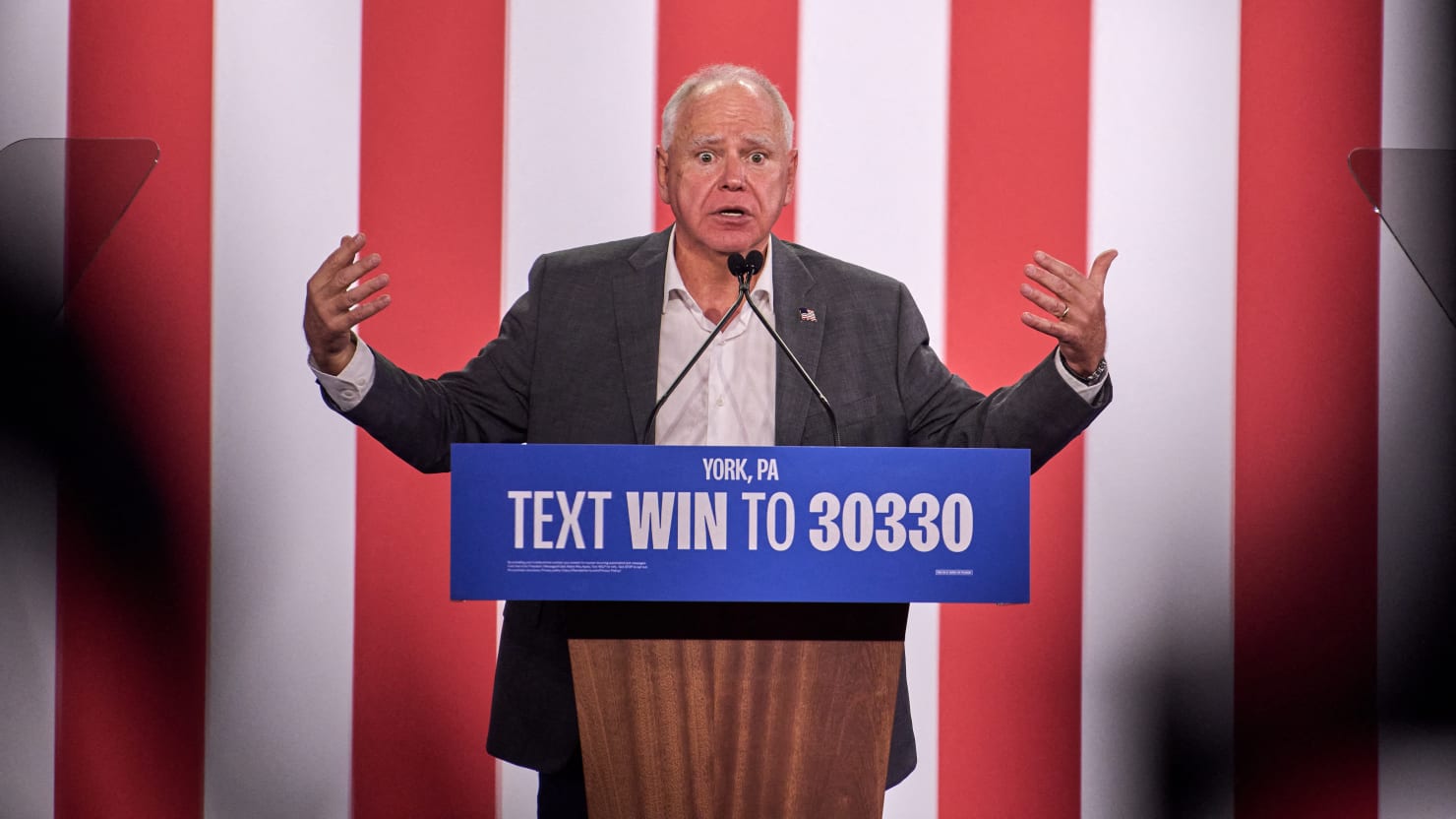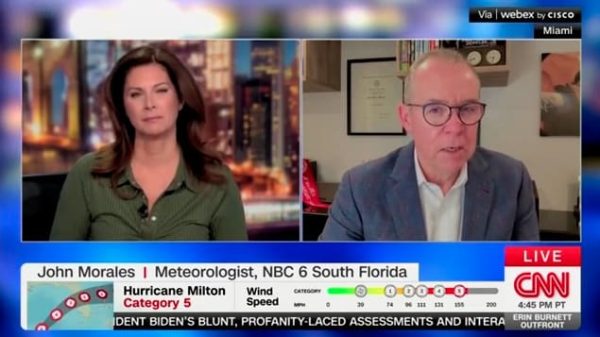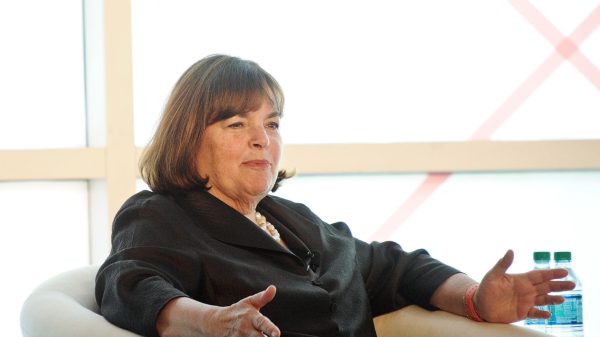Minnesota Gov. Tim Walz called for the end of the Electoral College in favor of a national popular vote during a campaign fundraiser in California on Tuesday, but acknowledged that its dissolution was unlikely to ever actually come about, according to a pool report.
“I think all of us know the Electoral College needs to go,” Walz told supporters gathered at California Gov. Gavin Newsom’s private residence in Sacramento. “We need a national popular vote, but that’s not the world we live in.”
So, he continued, “We need to win Beaver County, Pennsylvania. We need to be able to go into York, Pennsylvania—win. We need to be in western Wisconsin and win. We need to be in Reno, Nevada, and win.”
He’d made similar comments at a different fundraiser earlier that day, telling an audience in Seattle that he was “a national popular vote guy,” according to pool reports. Like in California, he ceded to the reality of the situation, adding “that’s not the world we live in.”
A Harris-Walz spokesperson clarified to Politico that Walz’s remarks did not represent an official stance taken by the campaign.

Minnesota Gov. Tim Walz thanks supporters after serving ice cream in the Dairy Barn at the Minnesota State Fair.
Stephen Maturen/Getty Images
“Governor Walz believes that every vote matters in the Electoral College and he is honored to be traveling the country and battleground states working to earn support for the Harris-Walz ticket,” the spokesperson said. “He was commenting to a crowd of strong supporters about how the campaign is built to win 270 electoral votes. And, he was thanking them for their support that is helping fund those efforts.”
In response, the Trump campaign posted to social media on Tuesday evening asking why “Tampon Tim” hated the Constitution, the First Amendment, the Supreme Court, and the Electoral College. (Walz did not mention, nor has he ever professed a distaste for, the Constitution, free speech, or the high court.)
“But he sure loves communist China!” the campaign added, in an apparent reference to the governor’s time spent teaching at a high school in China in the late 1980s.
Walz’s comments reflect a position held by many in his party. Two Democratic presidential candidates—Al Gore in 2000 and Hillary Clinton in 2016—have won the popular vote but lost the Electoral College in the last quarter-century.
Clinton, who won the popular vote by nearly 3 million ballots but won just 227 elector votes, compared to Donald Trump’s 304, later called for the elimination of the Electoral College.

A monitor shows the faces of Minnesota Gov. Tim Walz and Ohio Sen. JD Vance ahead of the vice presidential debate earlier this month.
Nathan Morris/NurPhoto via Getty Images
Many voters feel the same way. Around 63 percent of Americans polled by Pew Research last month said they favored “moving away” from the electoral system in favor of a popular vote.
Even Trump himself once opposed the Electoral College, blustering on social media that it was a “disaster for democracy” during the 2012 election when it seemed like Mitt Romney might be poised to win the popular vote. (Barack Obama eventually scooped up 51.1 percent of the popular vote, as compared to Romney’s 47.2 percent.)
Last year, Walz signed legislation adding Minnesota to the National Popular Vote Compact, an agreement by a coalition of states to award their electoral votes to whichever presidential ticket wins the popular vote. Despite the existence of the compact, the end of the Electoral College is far from nigh, with the process requiring both congressional approval and a constitutional amendment.
Walz’s running mate, Vice President Kamala Harris, ventured measured support for nixing the Electoral College during her 2020 presidential campaign, saying in an appearance on Jimmy Kimmel Live! that she was “open to the discussion.”
With a month left until the election, Harris has not addressed the Electoral College in any significant way this time around.











